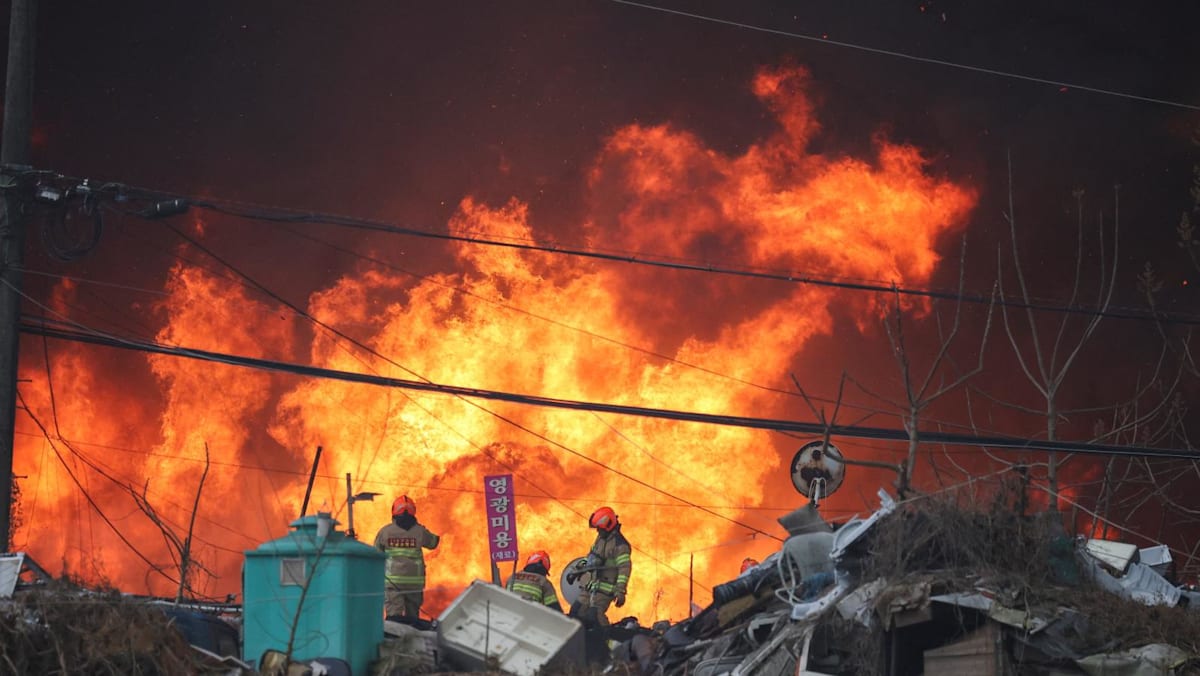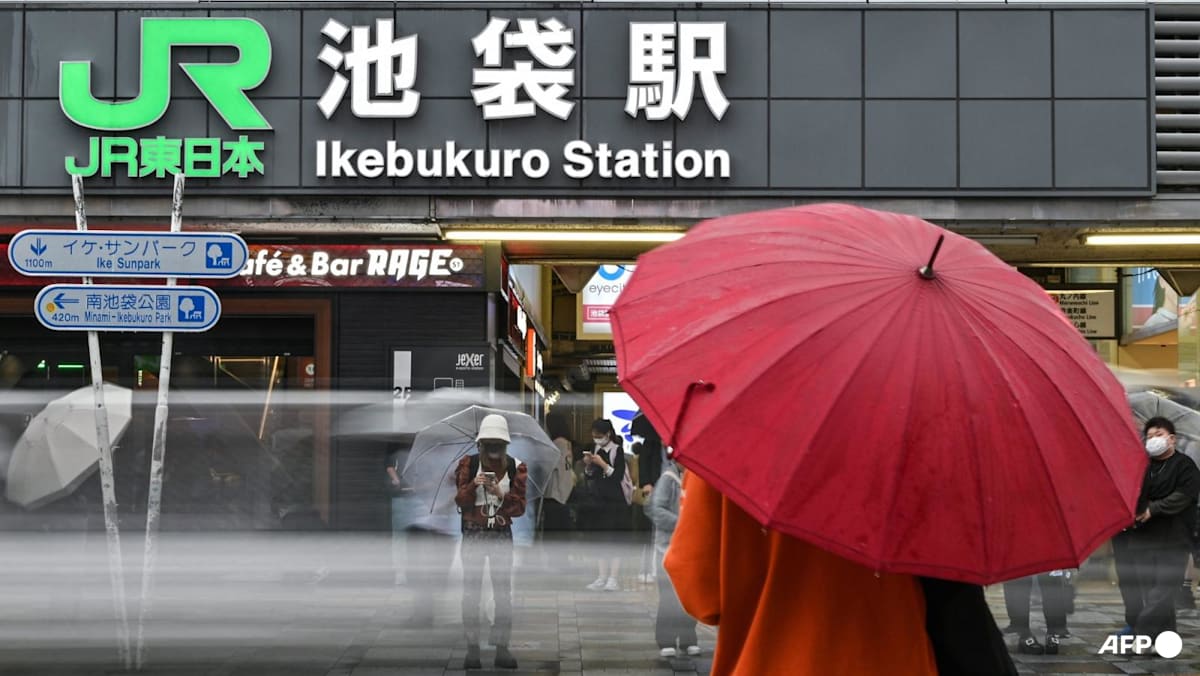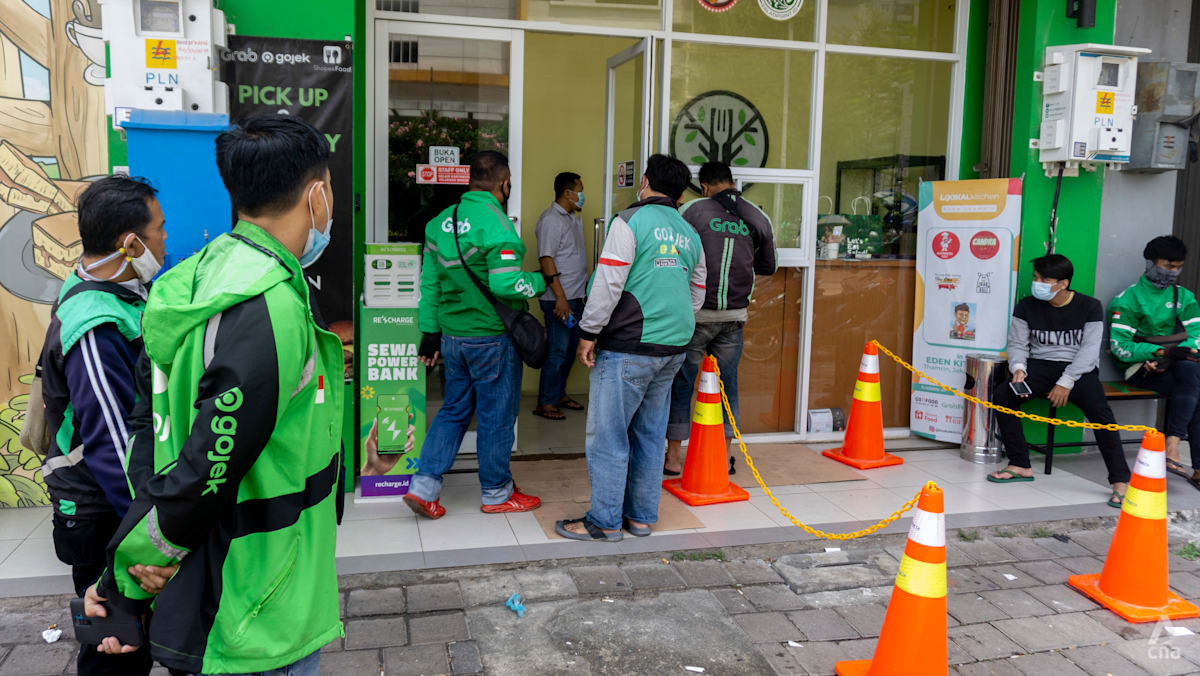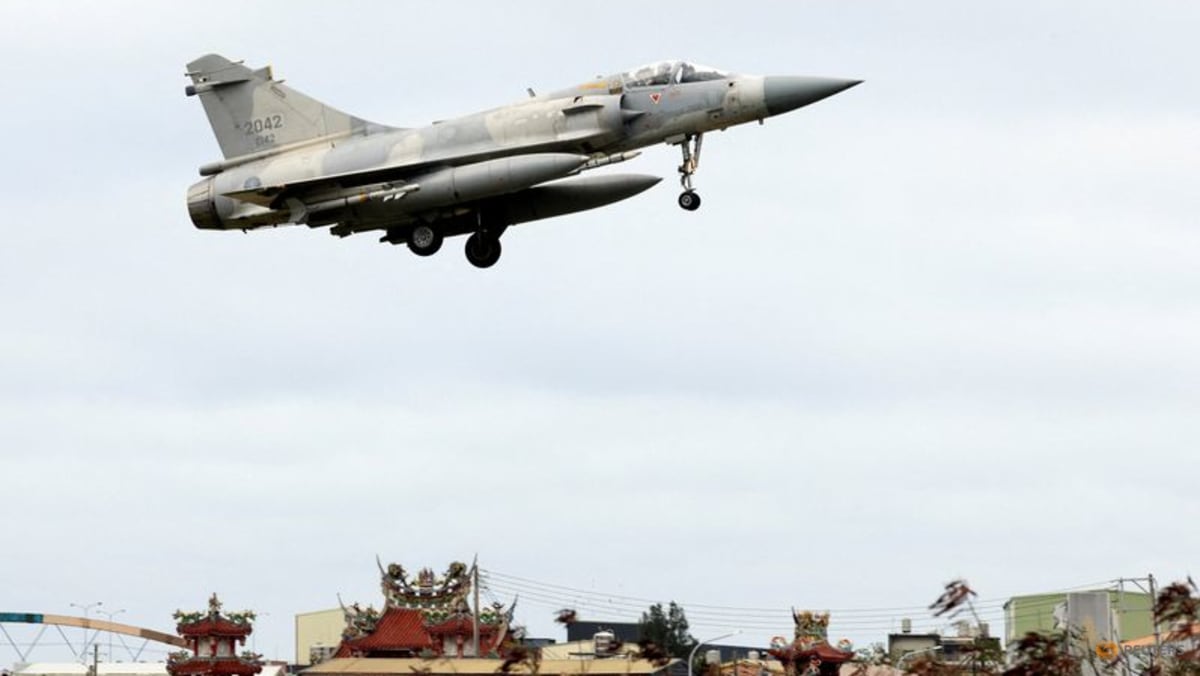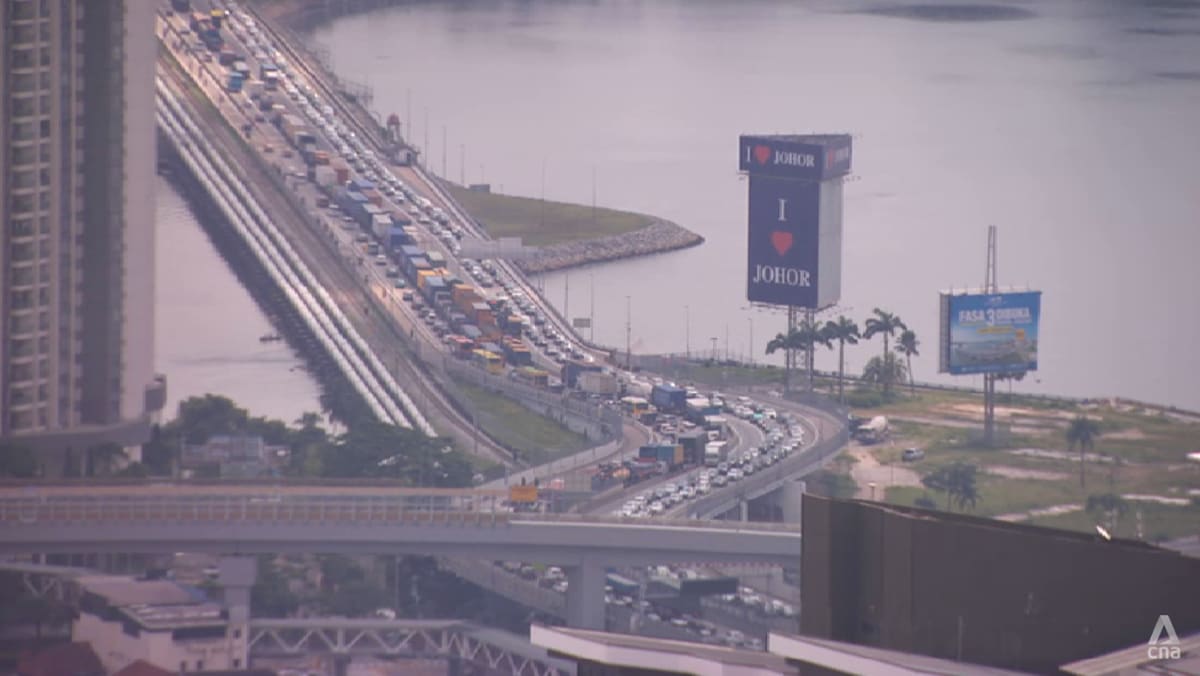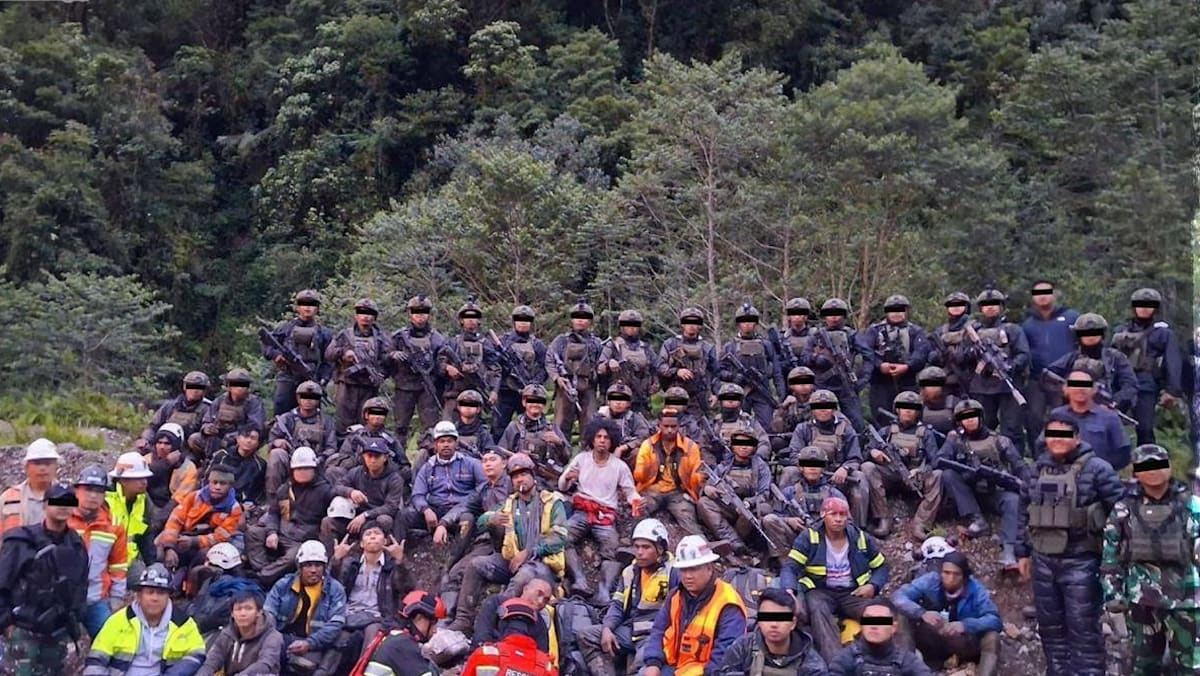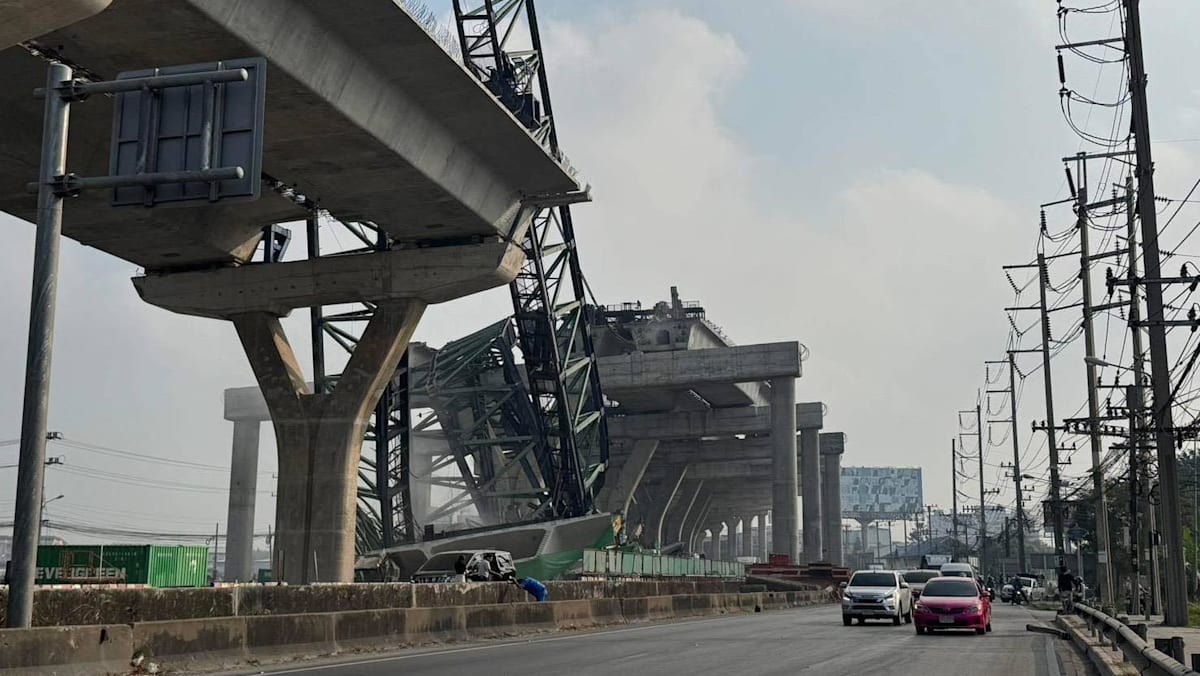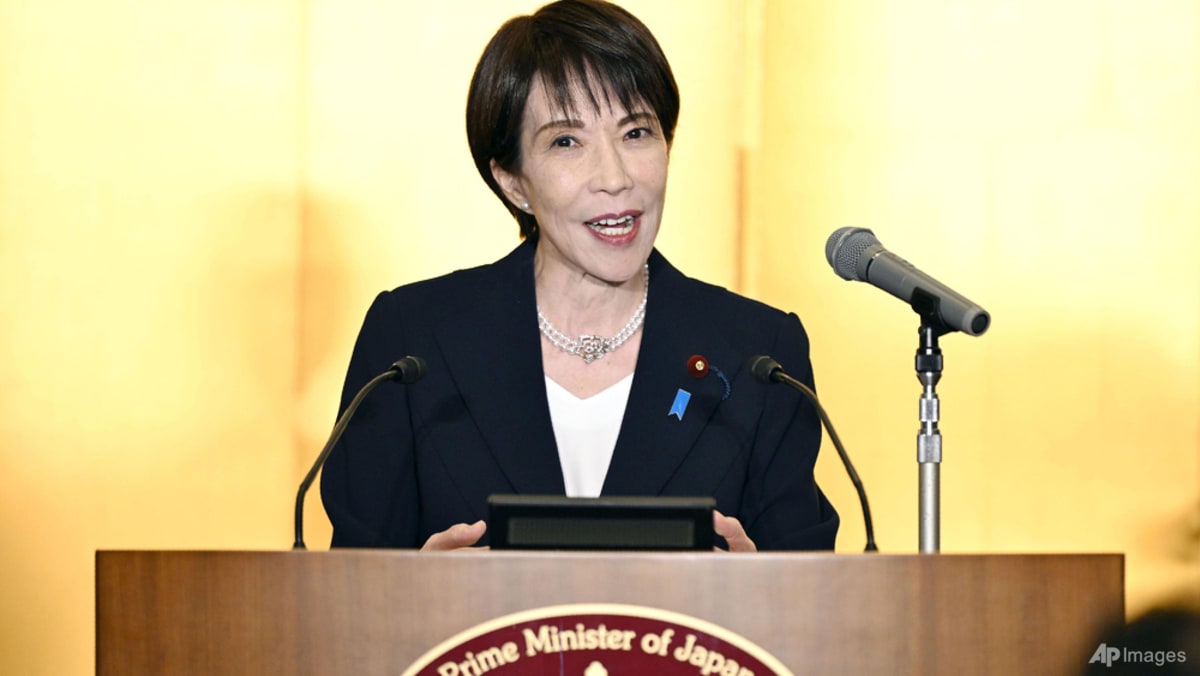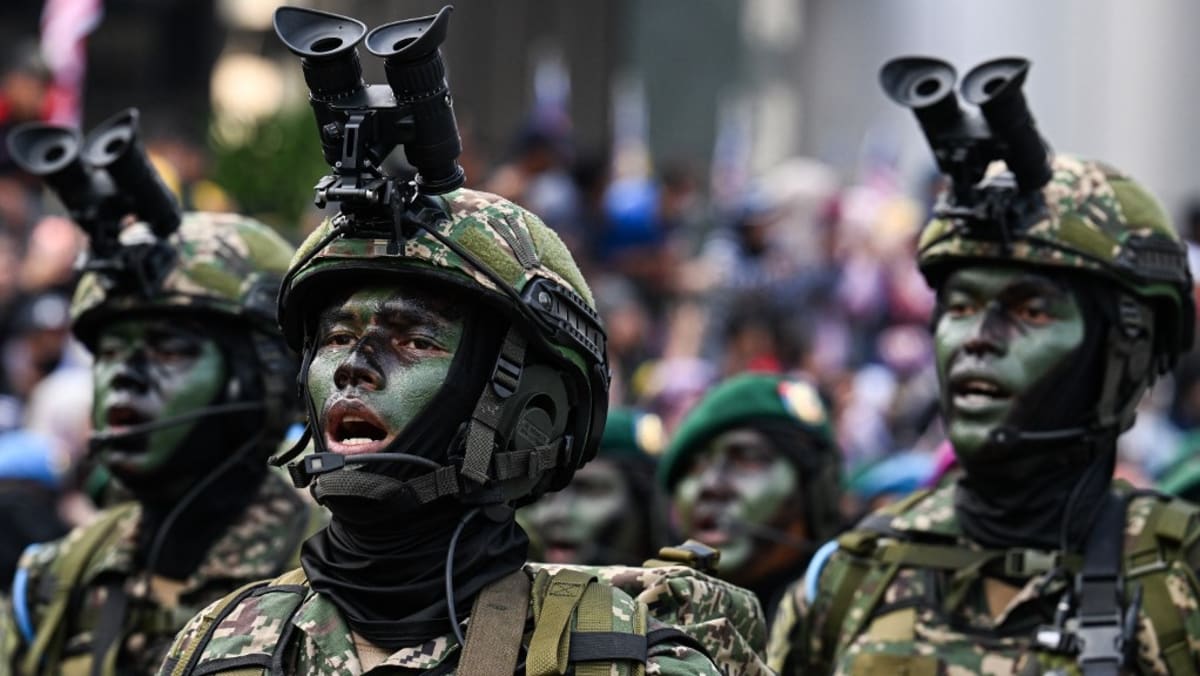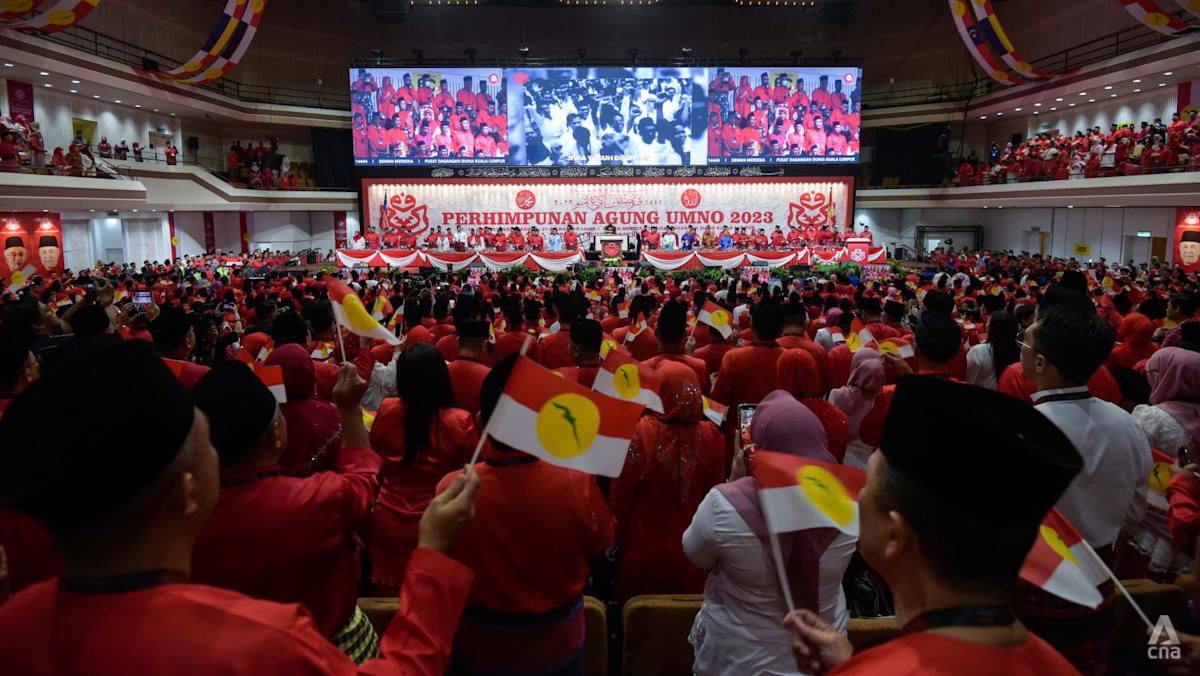Commentary: Thailand’s wait for a durable political system continues
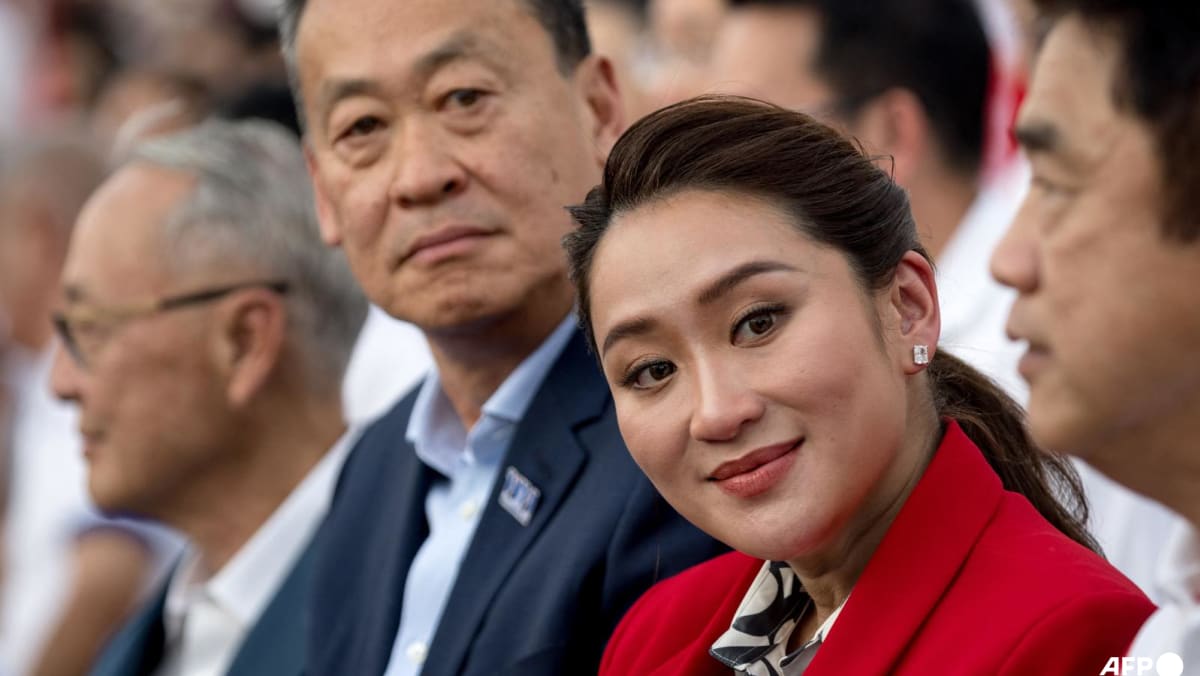
UNCERTAINTY IN POLITICAL LANDSCAPE AND INVESTMENT CLIMATE
Regardless of the outcome of the prime ministerial vote, the new civilian administration will remain vulnerable to internal politicking and extra-parliamentary intervention. Mr Srettha’s ouster also portends a likely shift towards more, not less, conservative-military influence over politics in the coming years.
But his downfall is unlikely to spark large-scale protests. Public sympathy for Pheu Thai has diminished significantly over its betrayal of the now-dissolved MFP.
A further complication will be Thaksin’s political ambitions. The former prime minister could make provocative manoeuvres after his one-year jail term formally ends on Aug 31.
A Paetongtarn administration could supercharge his ambitions to reassert himself vis-à-vis the other coalition partners as well as the military. Thaksin’s two-decade long battle with the military for political supremacy seems set to continue, albeit within the confines of an uneasy alliance.
All this is unlikely to do Thailand any favours in terms of restoring investor confidence. With political fragility likely to persist, policy continuity will remain elusive in the areas of investment and the economy.
While the previous administration’s stimulus and tourism schemes appear likely to continue, there will be far more uncertainty around priority sectors for foreign investment, as well as the fate of current proposals to legalise casinos and decriminalise cannabis use.
So Thailand’s wait for a durable political system continues. The question is whether foreign investors will stick around long enough to see it come into being.
Harrison Cheng is a Director in risk consultancy firm Control Risks.
Source: CNA


